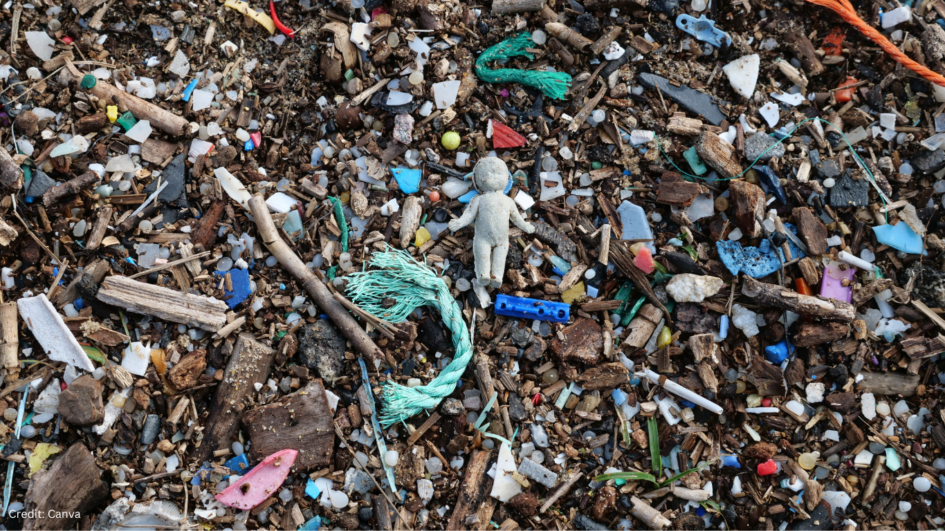Since 2008, Indonesia has progressively rolled out national and regional constitutions, regulations, ministerial decrees, and circular letters to regulate waste management. Waste is a multilayer problem that must be faced collaboratively. A good waste management provides a conducive, comfortable and healthy environment for the people and biodiversity to live in. Rana, M. M. P. (2009) argued that when it comes to the Global South, making and remaking a sustainable city is a great challenge, particularly in cities where urban population growth is unpredictable and even uncontrollable. Often, population growth, economic growth, improved lifestyle, and consumerism are endless battles when handling waste problems.
In early April 2025, the Governor of Bali, who has been in office for two terms since 2018, I Wayan Koster, issued Circular Letter No. 09 of 2025, which attracted significant attention from the public and tourists. The circular focuses on the Bali Clean Waste movement, which includes an appeal to prohibit the use, distribution, and provision of single-use plastic bottled drinking water in volumes of less than 1 litre on the island of Bali. The subjects of this circular letter include government and private offices, villages and customary villages, businesses (including hotels, shopping centres, restaurants, and cafes), educational and training institutions, markets, and places of worship. Violations may result in administrative sanctions, including public disclosure through media announcements, administrative reviews, and potential revocation of business licences.
In line with the previous regulations regarding plastic waste, Bali Governor Regulation No. 97 of 2018 concerning the Limitation of Single-Use Plastic Waste includes plastic bags, styrofoam, and plastic straws. Subjects to this regulation are producers of, distributors of, suppliers of, and business actors who provide single-use plastic. Producers, distributors, suppliers, and business actors must effectively ban single-use plastics and replace them with alternative options. While the regional apparatus, private institutions, religious institutions, social institutions, villages, communities, and individuals also play a role in avoiding the use of and seeking alternatives to single-use plastics. There will be administrative sanctions against violators.
Despite those efforts to manage municipal waste in Bali, especially from single-use plastics, are the implementation and results effective?
Plastic Diet conducted a study on the Effectiveness of Bali Governor Regulation No. 97 of 2018 and found the following interesting results:
Overall, Gubernatorial Regulation 97/2018 succeeded in encouraging changes in household behaviour in the form of reducing consumption of plastic bags by 57%, straws by up to 70%, and styrofoam by up to 81%. However, you can still find plastic bags in markets and stalls, as well as straws and styrofoam in restaurants and stalls. This indicates that there is public awareness to reduce the use of these goods, but this is not necessarily accompanied by business actors’ compliance with regulations.
The challenges of implementing Pergub 97/2018 need to be addressed collaboratively by the government, business actors and community groups.
The study also shows that there are challenges in implementing and enforcing the law of Governor Regulation 97/2018. These challenges can be divided into 3 broad categories, namely database challenges, coordination challenges, and challenges in implementing administrative sanctions.
Interesting fact from the behaviour change:
- There is still confusion among the public and business actors regarding packaging that claims to be biodegradable.
- Contribute solutions from local wisdom and traditional Balinese markets.
Making me reflect on the successes and failures in the effort to free the island of Bali from its waste problems:
- What kind of communication or campaign did they use to ensure the success of Gubernatorial Regulation 97/2018 in encouraging changes in household behaviour in reducing single-use plastic consumption?
- Will the consumer behaviour be strong enough to stop the inertia of business actors?
- What drives the business actors not to comply, and what about the sanctions?
- How can database challenges, coordination challenges, and challenges in implementing administrative sanctions be improved?



Leave a Reply